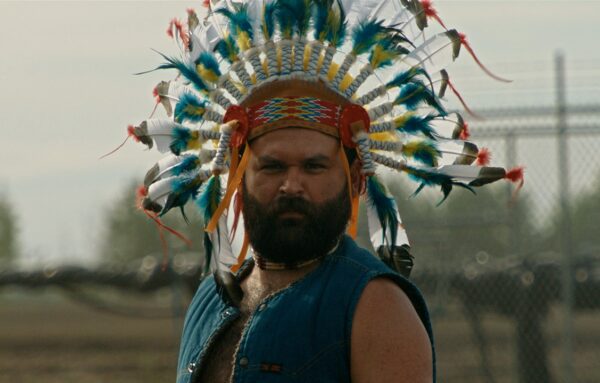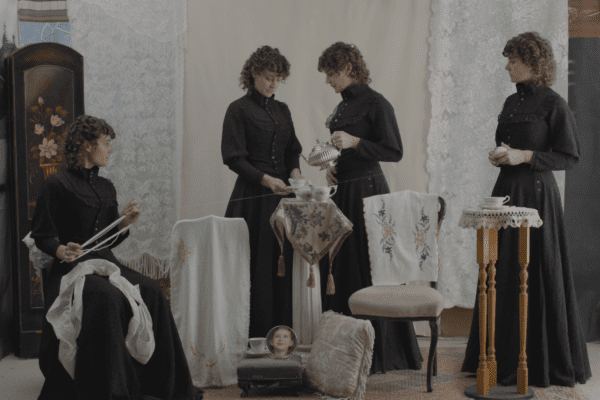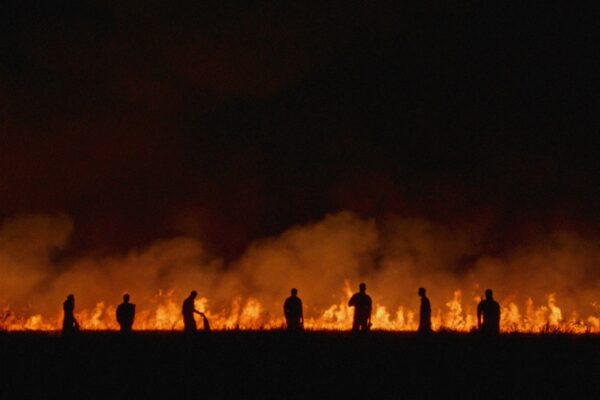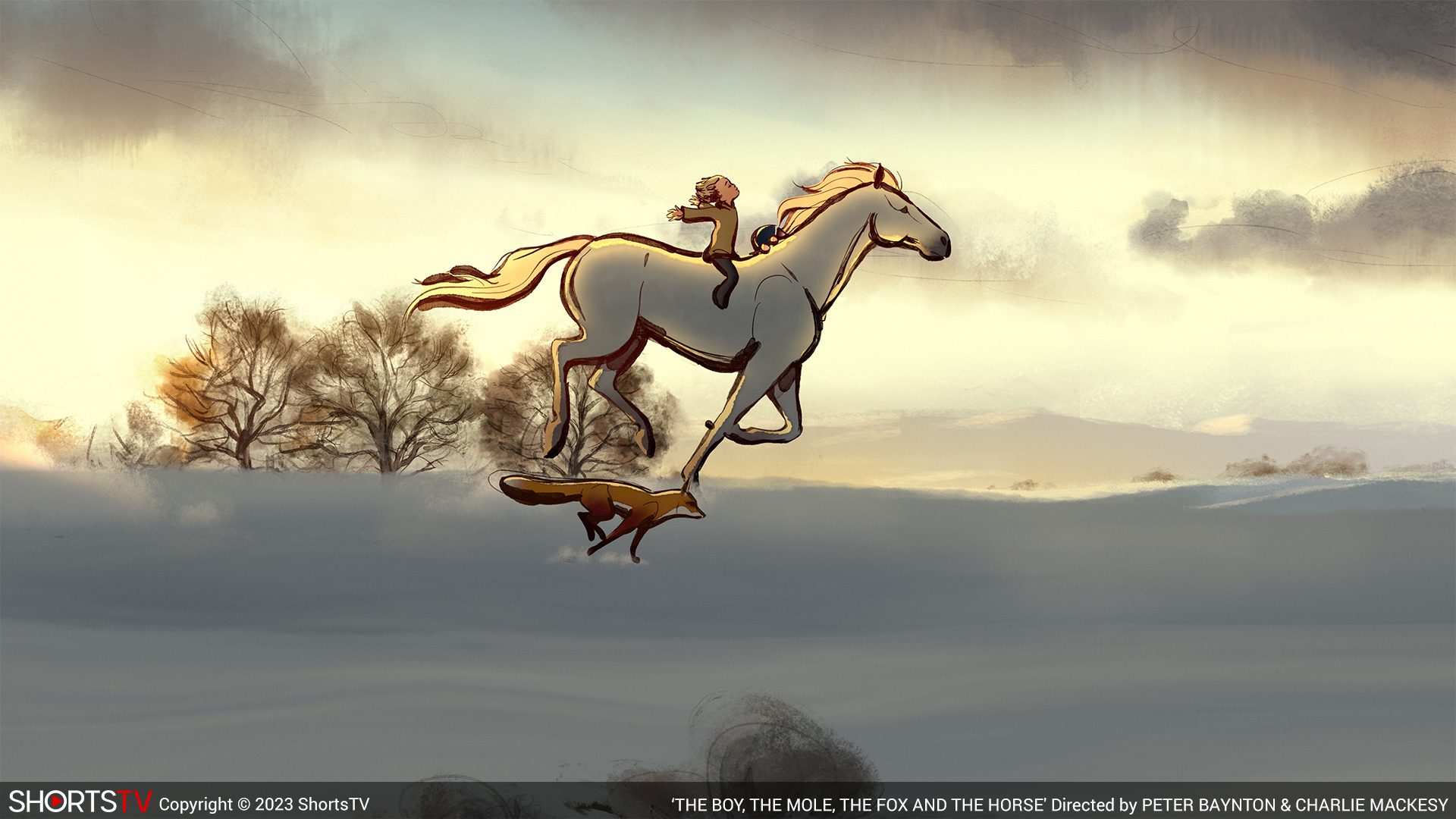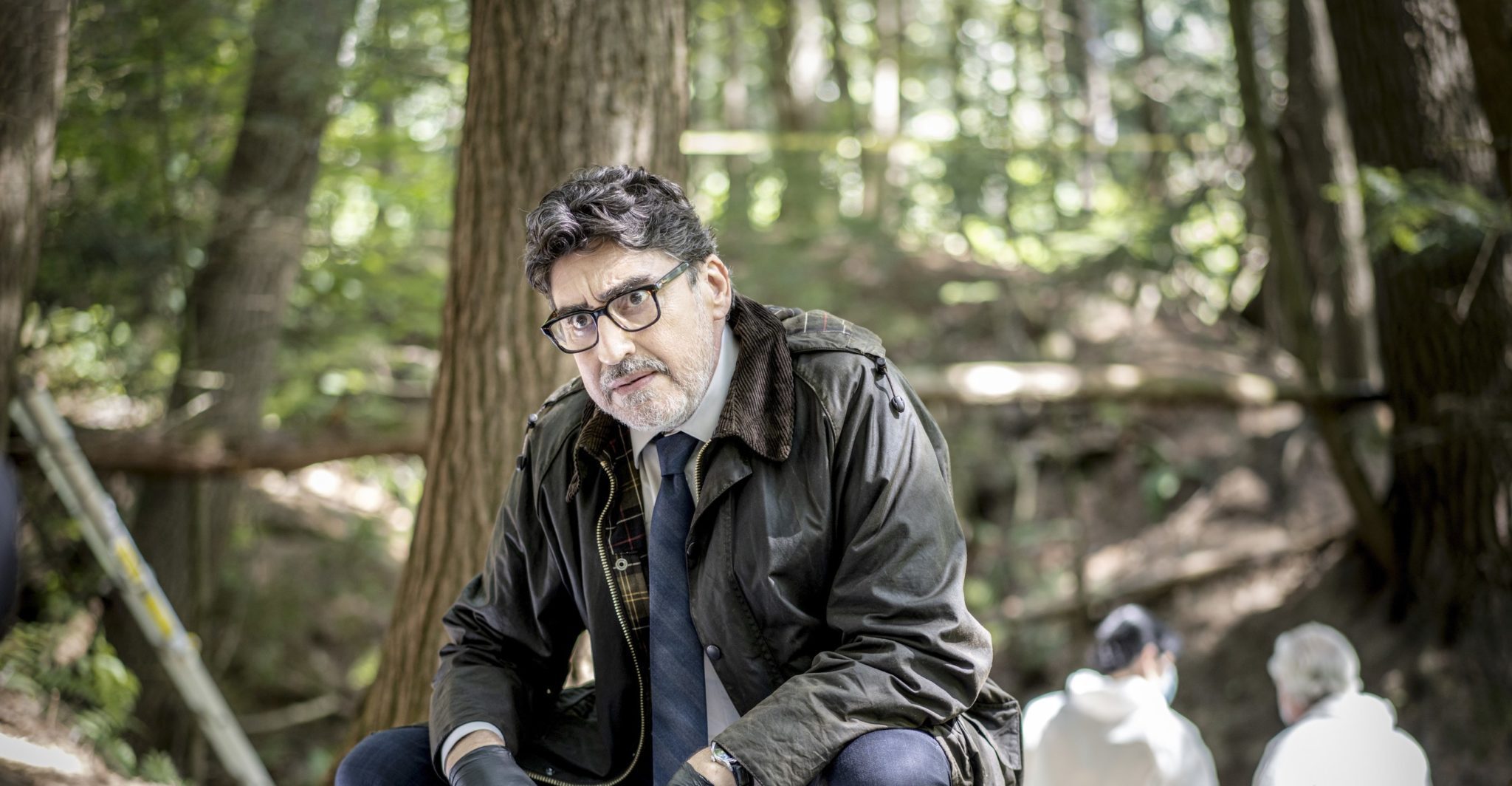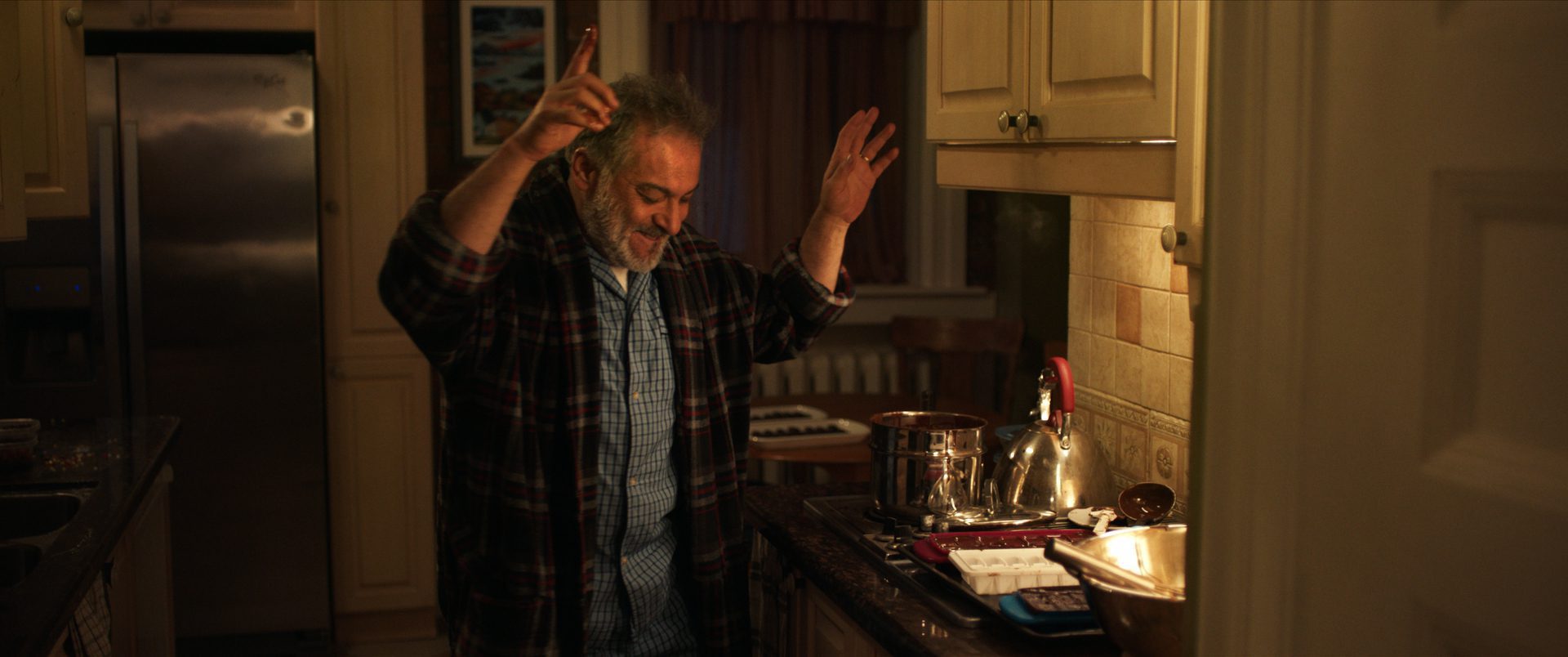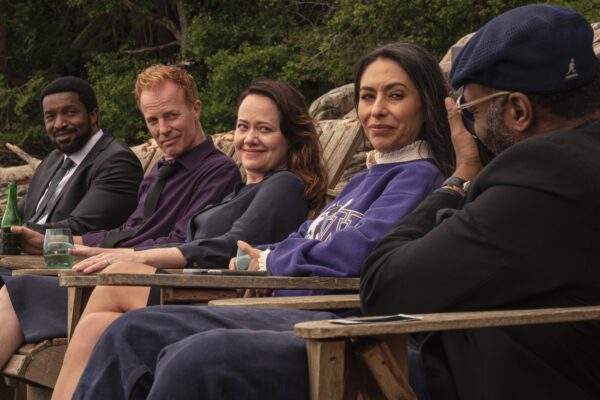
Re: Uniting – Where life leads
“I think I missed it. … Life.” In Re: Uniting, written and directed by Laura Adkin, a group of best friends come together twenty-five years after college. Their lives have taken them in a variety of directions. They are at a point where they are beginning to questions the choices they have made. It is…

